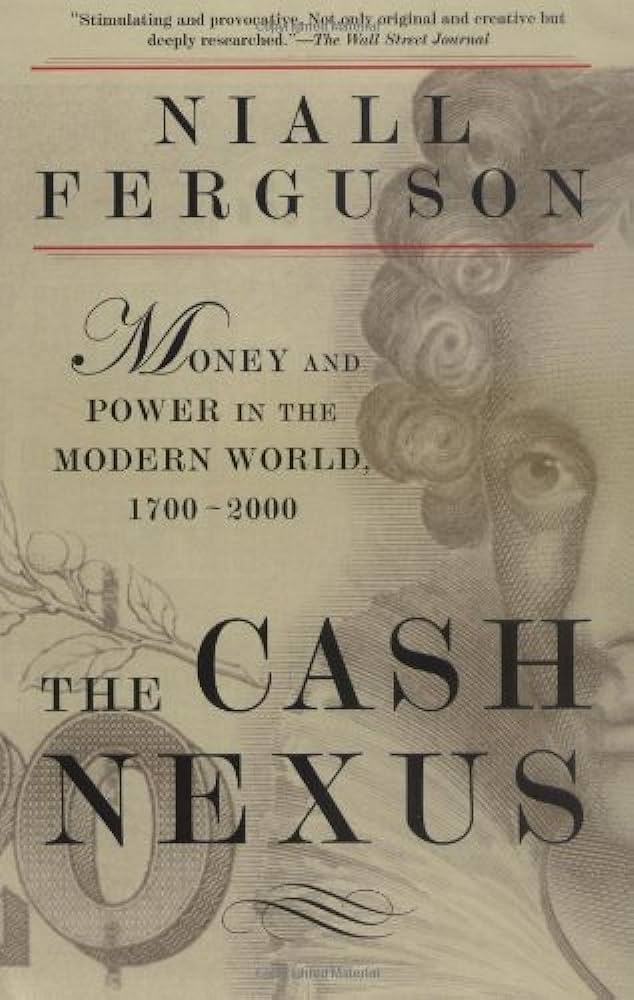
How do countries become powerful? Aong these lines, how do they end up dictating the flow and pattern of history? Niall Ferguson, latching on to historian Thomas Carlye’s concept of the “cash nexus,” argued that the determinants fell into four distinct areas: a tax collecting bureaucracy; national debt; parliamentary democracy; and a central bank (BDDB). Together, BDDB, when kept separate but independent, provides the sum total of the institutional ballast to national economic growth. Literally, strength.
Any attempt to subdue the other elements in the “square of power”, invariably, by ditching with checks and balances, will corrode the DNA of national economic success. That’s when countries rise, then fall, only to rise again when they get the “square of power” right.
Among the countries that have got the formula right includes a bevy of Western countries and Japan, all of whom learned, and were in turn, inspired by the British in the 17th century. It was the British, who were the first to get all the elements right, which paved the way to their imperial and colonial run of power, right up to this very day, with or without Brexit at the background.
To the degree Britain had lost some of its luster and power after World War II, Britain could tag on to the rise of the United States. The latter, too, gained the trajectory and antecedents of the “square of power,” from old, imperial Britain, by localizing the manner by which tax was collected; national debt was incurred; how congressional/presidential politics were conducted; and financial health safeguarded by the Federal Reserve Union.
Impressive as Niall Ferguson’s treatment of the above subject is (i.e. rise and fall of great powers), there is one small kink viz what Mohammad El-Erian hasbeen saying.
Mohammad El-Erian believes that the politics and policy of negative interest rates has shown the increasing impotence the central banks, not just one, but across the whole world.
The inability of central banks to stimulate global economic growth, often relying time and again, on financial infusion, can only be a harbinger of more difficult economic times ahead.
When the world is unable to foster growth in an age where globalization is supposed to reign supreme, one can only wonder whether national economic strategies based purely on the “square of power” can indeed project the wherewithal to venture into the new world? Be that as it may, Niall Ferguson’s treatment of the subject of power and wealth is one of the best in the world, and he deserves a wider hearing, beyond the concept of “killer apps” pioneered by Thomas Friedman.
